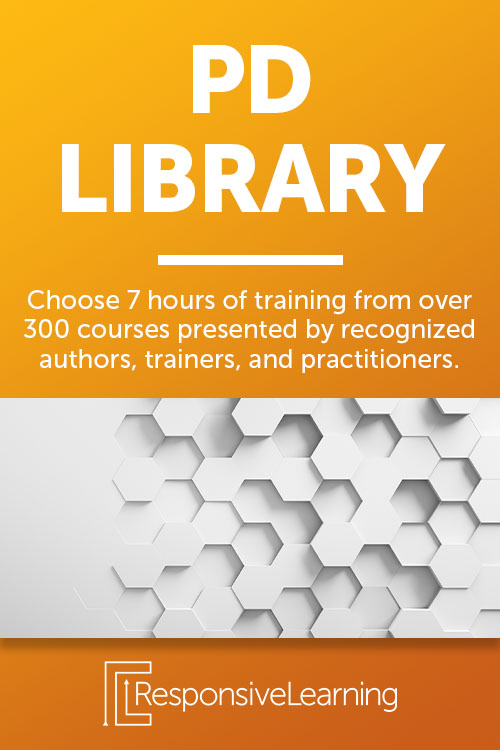Graduation is the stepping stone into adulthood, when students learn to take on more responsibilities and become productive members of society. How can you help students with disabilities prepare for this transition into the next phase of their lives?
Keys to Special Education – Graduation provides the insights you need to ensure your students with disabilities are ready for their post-secondary education or career.
1. Preemptive Planning
Are your students ready to embark on a new career or college education? Special education teacher Ayo Jones explains how to properly prepare students with disabilities for graduation and beyond. She is a veteran educator, author, and founder of Noodle Nook – an online resource for teachers in special education.
Jones advises to “plan early and plan with purpose.” Keep in mind that transition planning should start long before students are in high school. It must include outcomes and goals for education, employment, independent living, and additional training if needed.
Students with disabilities should be given an interest inventory well in advance of graduation. This survey is conducted to help them plan for a career with their particular interests and preferences in mind. What do they excel at and enjoy doing? You can help guide your students by asking thought-provoking questions that inspire plans for their future.
2. Graduation IEP
During a student’s graduation IEP meeting, they will receive a summary of performance (SOP). This includes recommendations on how you can assist them in successfully attaining their goals. It details their post-secondary plans and summarizes their academic achievements as well as functional performance.
When preparing an IEP, you’ll need to be thoughtful about what is included to ensure a student is successful after graduation. This covers transition assessments, post-secondary goals, and transition services. Remember, you want to encourage and help your students achieve their goals to the best of their ability.
As a teacher, you are a mentor to your students who look up to you and learn from your example. Make sure you are providing ample opportunities to help your students with disabilities develop decision-making skills. This is crucial in fostering their independence and confidence so they are determined to succeed in their pursuits after graduation.

3. Career Goals
During graduation preparation, the school team must collaborate with students and their families on important decisions for the student’s future. This includes student interests, career interests, career choices, and career planning. Jones explains, “Students with disabilities should have an integrated academic and vocational curriculum as part of preparing for graduation requirements and transition planning.”
Implementing a transition plan is most beneficial when everyone is working together to achieve a common goal. Consider future outcomes when making decisions that may affect the students’ placement and their type of diploma. Ultimately, you want to prepare your students with everything they need to excel in their careers after graduation.
Interested in learning more about how you can help your students prepare for their post-secondary lives? Explore the course demo on Keys to Special Education – Graduation today!


1 thought on “3 Ways to Prepare Students with Disabilities Beyond Graduation”